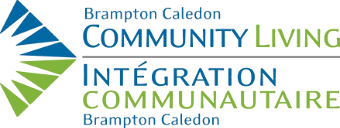Ontario Agencies Supporting Individuals with Special Needs (OASIS) has launched its #developmental services matter pre-election campaign to raise awareness about the lack of funding for the developmental services sector. Without adequate funding, community agencies can only do so much. Let’s do our share to help agencies succeed in helping others. Go to the links below to share your story in the comments to show families and agencies that they are not alone.
https://www.facebook.com/oasis.ontario/posts/1024501324355877:0
https://twitter.com/oasisontario/status/978306857877032961?s=21


